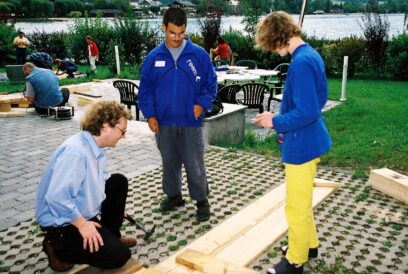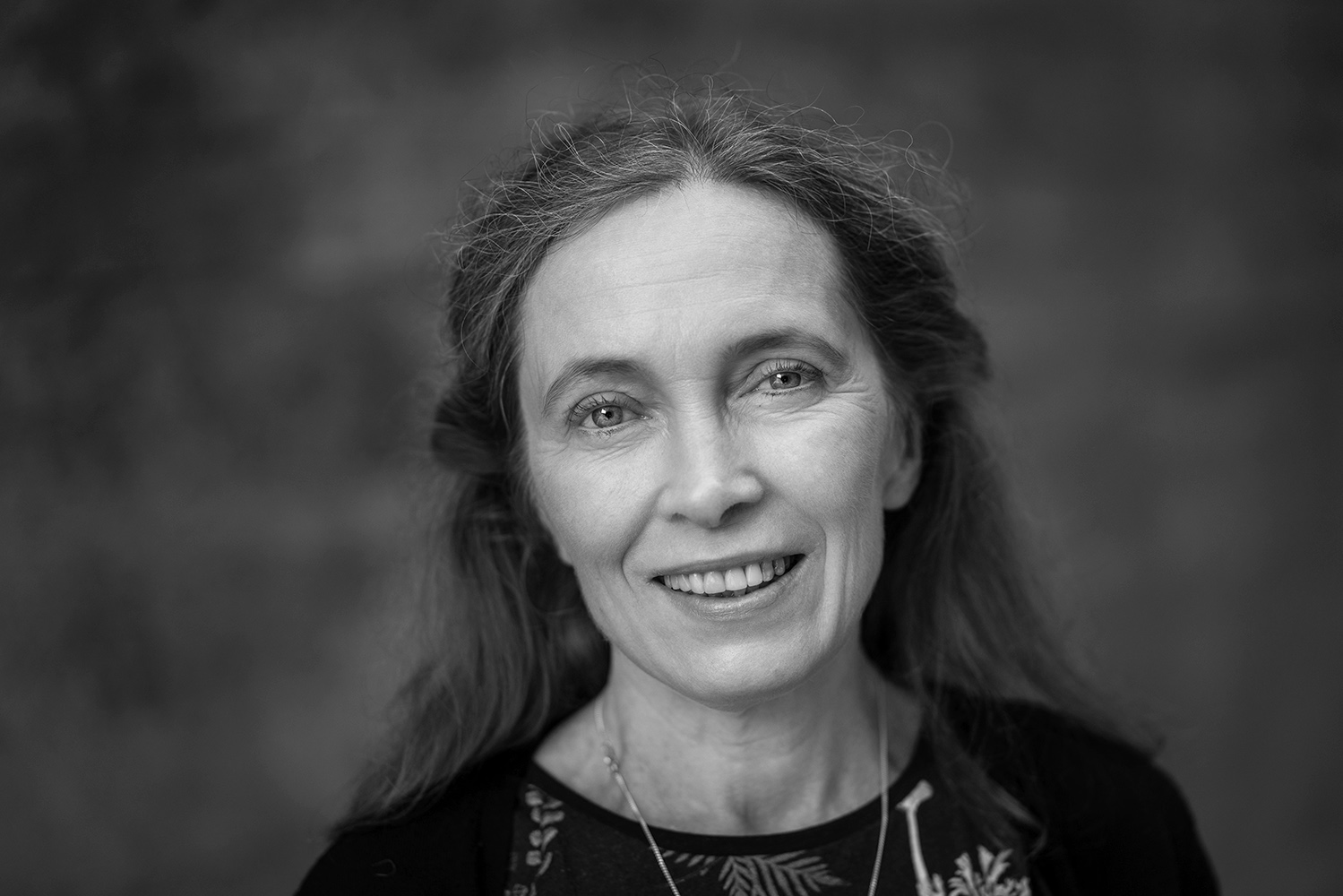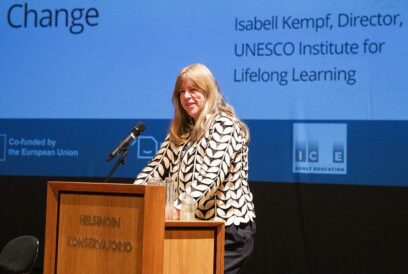

“It’s important to combine aspects of education, upbringing, and economics to broaden understanding of what progress fundamentally means for welfare societies like Finland,” says Maria Joutsenvirta, one of the two rewarded authors.
“We are the last generation that can still prevent the unleashing of accelerating climate change”, says author of rewarded science article
Published:“It’s important to combine aspects of education, upbringing, and economics to broaden understanding of what progress fundamentally means for welfare societies like Finland,” says Maria Joutsenvirta, one of the two rewarded authors.
To fight climate change, an alternative to selfish “homo economicus” is needed.
Climate anxiety is deepening, but Arto O. Salonen and Maria Joutsenvirta, researchers honoured for the Science Article of the Year 2018 in the Aikuiskasvatus (adult education) journal are not giving up.
“The future can be made, if there is a will to act. We wanted to challenge ourselves to open-mindedly identify values and deeds resulting from values by which a good future can be built,” says Salonen.
The writers of the article “Wealth and culture after the age of abundance” show how a good future can be realised. Let’s go to 2050.
By then, societies are supposed to be carbon-neutral. Salonen and Joutsenvirta believe that Nordic welfare societies can be pioneers in the global sustainability challenge.
“It’s important to combine aspects of education, upbringing, and economics to broaden understanding of what progress fundamentally means for welfare societies like Finland,” says Joutsenvirta.
In their article, the two point the way to progress, which avoids narrow financial definitions and opens a comprehensive view on aspiring to a good life.
The researchers challenged citizens and politicians to dialogue about the future
Arto O. Salonen, an Associate Professor at the University of Eastern Finland, actively participates in discussion about society. There is a reason for that.
“We are the last generation that can still prevent the unleashing of accelerating climate change. Ensuring good continuation motivates us every day to seek out solutions,” he explains.
The researchers are also challenging both citizens and politicians to engage in dialogue about the future.
“Discussion based on confrontation and argument depresses people and makes them anxious. To deal with these matters, society needs more collective spaces based on listening. It’s good that a culture of dialogue and discussion is being strengthened,” says Maria Joutsenvirta.
An important and humane science text
The editors of Aikuiskasvatus journal thank the authors for creating an image of society in which the individual can connect his/her own life to something greater than him/herself.
“The authors are seeking an alternative to selfish homo economicus who is only interested in maximising his/her own material benefit,” the editorial board justifies.
The panel of judges considers the article important in terms of its subject matter, humanely written and scientifically convincing. It carries convincing philosophical reflection.
The honour of Science Article of the Year 2018 was awarded on 15 February in Helsinki. It has been awarded since 2000.
Summary of the winning article: Wealth and culture after the age of abundance / Vauraus ja sivistys yltäkylläisyyden ajan jälkeen
ARTO O. SALONEN & MARIA JOUTSENVIRTA:
“We aim to stimulate discussion about the future of affluent society. We ask what the nature of culture and wealth is in society, the key objective of which is no longer to free people from extreme poverty. We particularly focus attention on Finnish affluent society, but many issues also apply to other industrialised societies.
We base our examination on Ronald Inglehart’s (1977) and Shalom H. Schwartz’s (1992) value theories. According to them, an improvement in the standard of living through material prosperity provides citizens with increasing opportunities to move from the maximisation of the material good to the strengthening of the meaning in life.
We utilise utopian thought which makes possible to identify thinkable and inspiring means to resolve increasingly complex ecological, economic and social challenges. We portray a view of the future of the 2050s, through which we distance ourselves from the prevalent state of affairs often considered self-evident. We demonstrate that a broader examination of prosperity and culture enables us to recognise the heart of progress. This offers new opportunities to clarify the cultural function of pedagogy and education.
Keywords: abundance, material values, post-material values, culture, prosperity, affluence, education, sustainable development.”
Author






